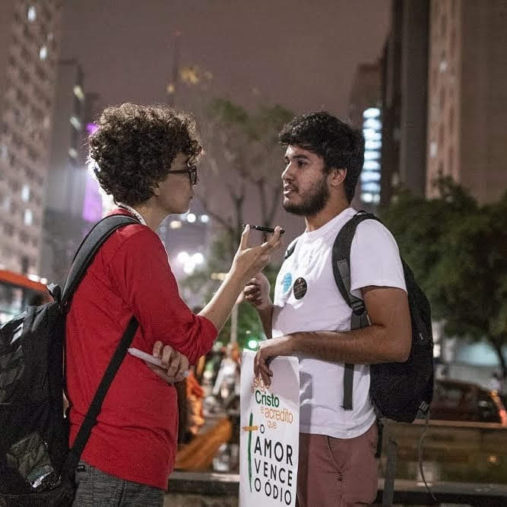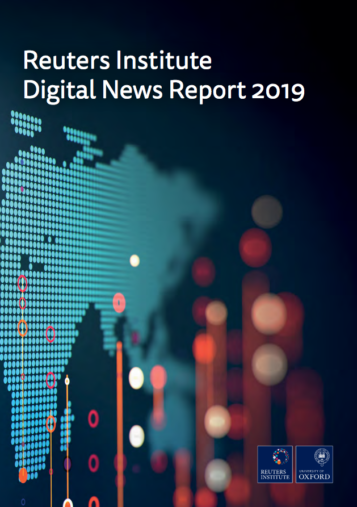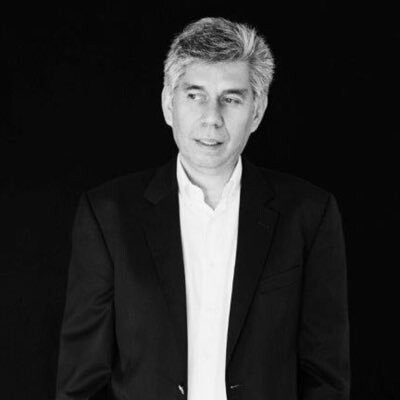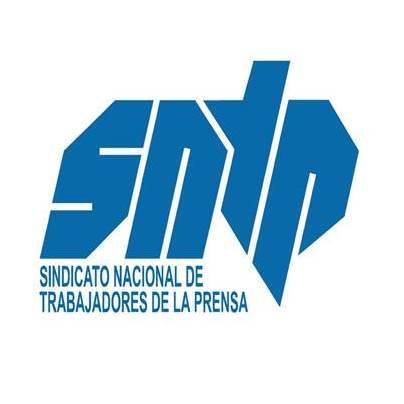
"Making journalism is not cheap. We get specific incentives to move forward, but our biggest challenge is getting people to understand that our outlet is important and so it needs to survive."

According to Camarena and Moreno, the Mexican president has implemented a strategy of harassment and disqualification against journalistic media that is causing a polarization of the country's press.

For both Restrepo and Ramírez, the crisis that the Coronell case sparked can also be exploited by the media to improve their work and their approach to audiences.
According to the Inter American Press Association (IAPA), 22 executives from the three publications were restricted from leaving Venezuela.

According to the Inter American Press Association (IAPA), 22 executives from the three publications were restricted from leaving Venezuela.

Pero en la mañana del 4 de junio, los periodistas y miembros de la oposición se abrieron paso a través de las puertas y en contra de los miembros de la GNB.

But on the morning of June 4, journalists and opposition members forced their way through the gates and past members of the GNB.

A Paraguayan journalist for the newspaper ABC Color was sued for calumnia and defamation by a lawmaker who the reporter said participated in an attempt to bribe him so that he’d stop investigating a story.

Guatemalan presidential candidate Sandra Torres withdrew a request for precautionary measures against a group of editors of the independent newspaper El Periódico who she sued using the country’s feminicide law.

It is the 67th newspaper to end its print offering, either temporarily or permanently, between 2013 and 2019, according to IPYS Venezuela. Zulia joins three other Venezuelan states which no longer have a print publication, the press freedom organization added.